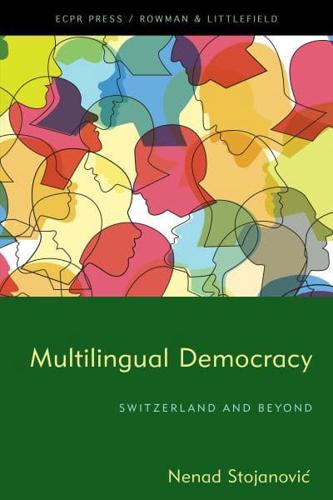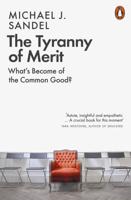Publisher's Synopsis
Most experts on divided societies and institutional design broadly agree that it is more difficult to establish and maintain a stable, functioning democracy in a country with multiple languages and linguistically fragmented public spheres than in more homogeneous countries.
Multilingual countries such as Canada and Belgium have been experiencing considerable difficulties in past decades (see the almost successful 1995 referendum on sovereignty in Quebec or the institutional deadlock and the rise of Flemish nationalism in Belgium since the 1970s). The challenge of multilingualism has been on the rise in the United States, too, considering an ever-increasing number of Spanish speakers who are not fluent in English and the emergence of Spanish-only media in some parts of the country. The prospects for the EU to become a viable democracy are even more haunted by multilingualism, considering that it has 24 official languages and no lingua franca.
Switzerland, however, is also a multilingual country without a lingua franca, fragmented into 26 largely mono-lingual cantons and four linguistically distinct public spheres (German, French, Italian, Romansh). And yet it is widely seen as one of the most stable and successful democracies in the contemporary world. This book offers a different institutional explanation that accounts for the success of Swiss multilingual democracy. The author argues that in mainstream literature important Swiss institutions - in particular direct democracy, Parliament and the federal executive - have not been properly understood.










